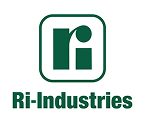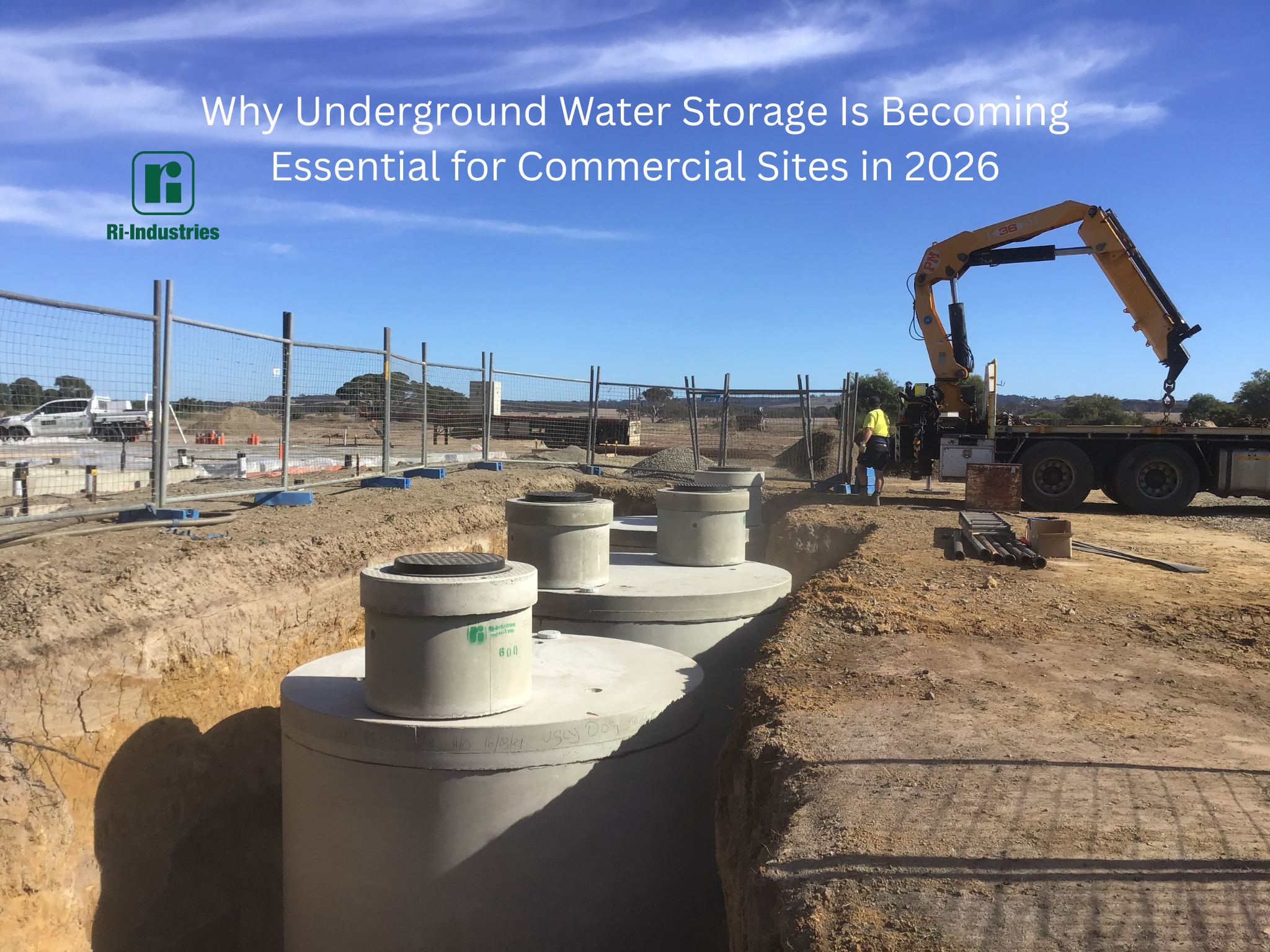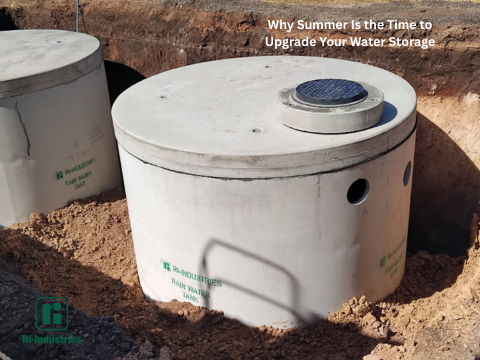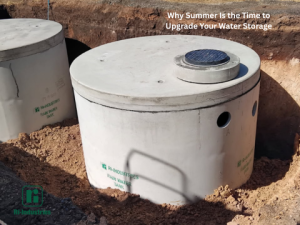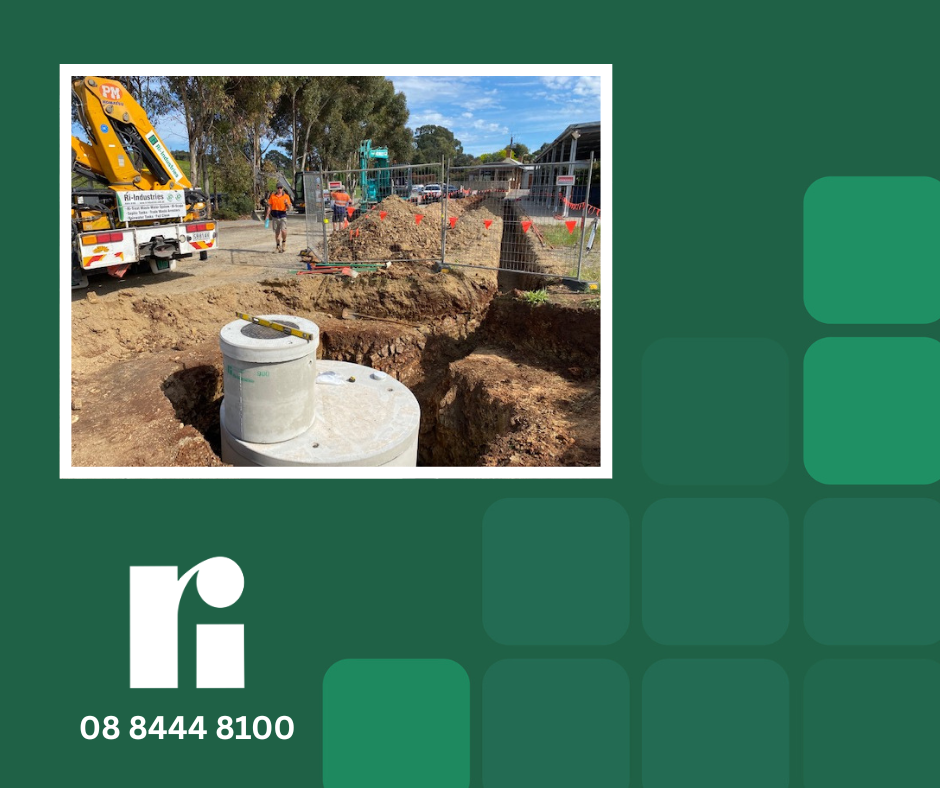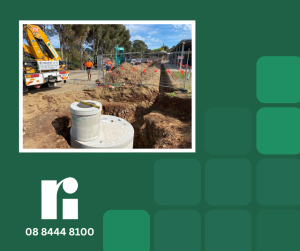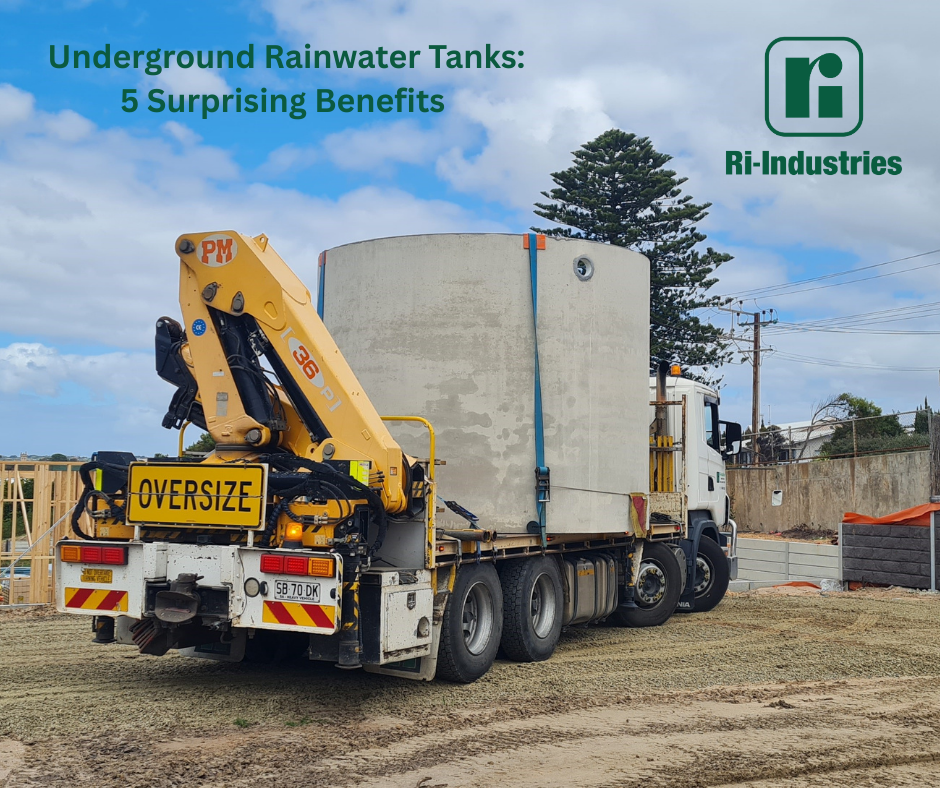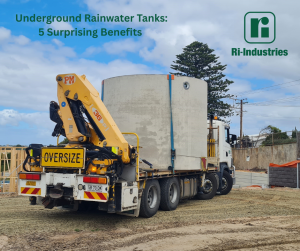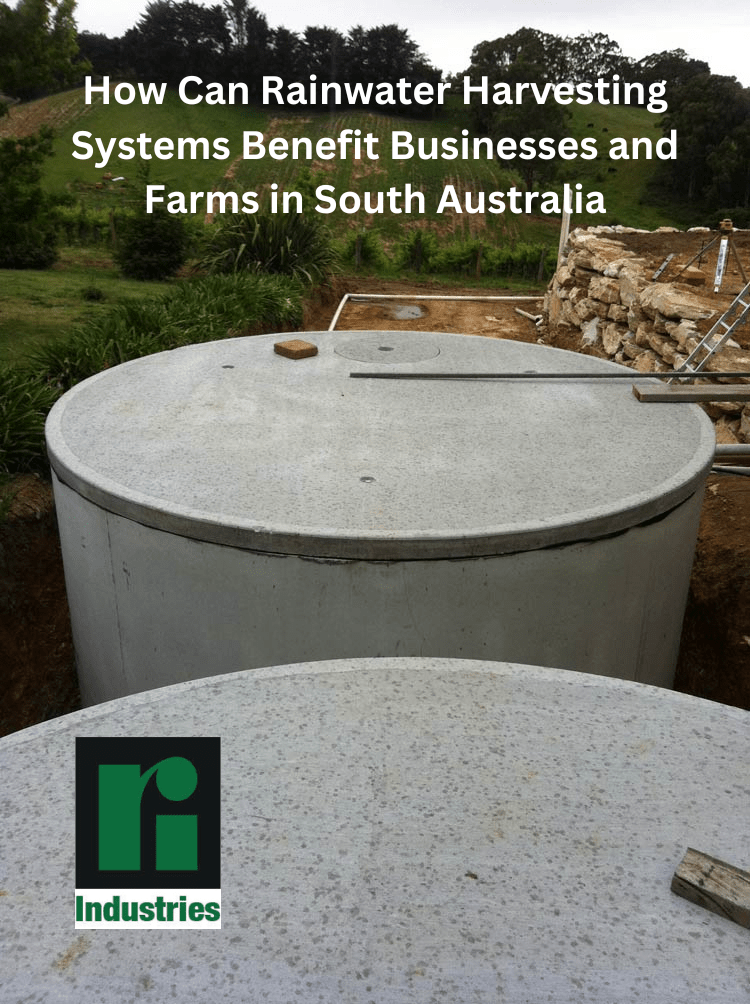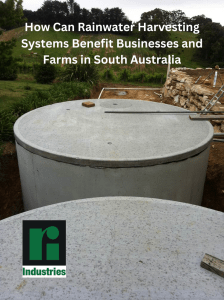As South Australia continues to grow, commercial developers and business owners are facing new pressures around sustainability, water security, and efficient land use. In 2026, underground water storage is no longer a “nice to have” feature, it’s becoming an essential part of responsible commercial site planning.
Here’s why businesses across the state are investing in underground concrete water tanks now more than ever.
1. Rising Demand for Water Security
Drier summers, changing rainfall patterns, and increased strain on mains water mean commercial sites need reliable, on-site reserves.
Underground tanks offer:
- Consistent water availability
- Protection from heat and evaporation
- A dependable backup for irrigation, amenities, and operational needs
For industries that can’t afford downtime, controlled water access is critical.
2. Meeting Sustainability and Council Expectations
Environmental responsibility is shaping nearly every commercial project. Councils and governing bodies are increasingly encouraging, and in some cases requiring water capture and reuse systems.
Underground storage helps sites:
- Reduce reliance on mains water
- Improve stormwater management
- Meet sustainability benchmarks
- Support green building certifications
It’s a long-term investment with immediate compliance benefits.
3. Better Land Use for High-Value Sites
Commercial land is expensive. Every square metre matters. Underground tanks maximise usable space by keeping water storage out of sight and out of the way, allowing businesses to prioritise:
- Carparks
- Delivery bays
- Landscaping
- Buildings and extensions
- Pedestrian areas
With no large above-ground structures, sites stay functional, clean, and flexible for future expansion.
4. Superior Durability and Low Maintenance
Above-ground tanks are exposed to weather, UV damage, vandalism, and accidental impact. Underground concrete tanks aren’t.
Ri-Industries tanks are built using:
- High-frequency vibrated reinforced concrete
- Steel mesh reinforcement
- Brass fittings
- Fully engineered designs with decades-long performance
They’re fire-resistant, vandal-proof, and naturally insulated, providing cooler, cleaner water with minimal upkeep which is ideal for commercial environments.
5. Ideal for Industrial, Civil, and High-Traffic Applications
Commercial sites demand resilience. Heavy vehicles, machinery, and constant foot traffic require infrastructure that can handle pressure and weight.
Ri-Industries underground tanks are specifically engineered for these conditions, making them suitable for:
- Shopping centres
- Business parks
- Schools and universities
- Industrial plants
- Government sites
- Agriculture and processing facilities
- Mining and construction sites
Whatever the setting, underground storage ensures reliable performance beneath the surface.
6. A Smarter Long-Term Investment
While concrete underground tanks require upfront installation planning, they pay off in long-term value through:
- Reduced maintenance
- Extended lifespan
- Fewer replacement costs
- Increased property value
- Operational reliability
For businesses looking to future-proof their operations, underground water storage is a cost-effective move they can make in 2026.
If you’re preparing for a new project or upgrading existing infrastructure, our team can help you choose the right tank and configuration for your needs.
